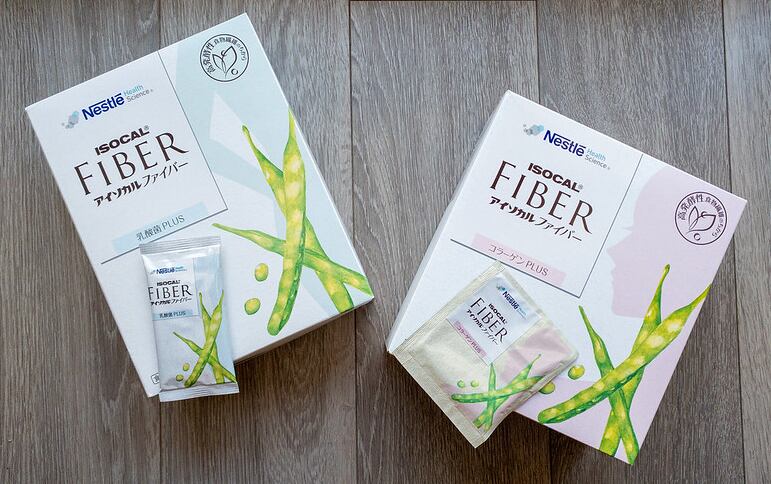The New Zealand High Value Nutrition (NZHVN) National Science Challenge is on a 10-year mission to grow the science and develop high-value foods with validated health benefits.
The aim is to increase export revenues from the food and beverage sector by 2025.
To date, some of the projects that it has funded include researching the bioactive components of the Damson plums, the consumption of Pamu deer milk in improving muscle strength, and the immune and metabolic health benefits of Kawakawa (Piper excelsum).
Mānuka honey produced by NZEX-listed Comvita is one of the latest projects that the NZHVN is funding, where NZD$1.3m (US$872k) is poured for a human clinical trial.
Honey for digestive health
The trial aims to find out how Lepteridine, a naturally occurring compound in Mānuka honey, could improve digestive health.
Specifically, the trial will find out the bioactive properties of Lepteridine for improving gastrointestinal symptoms and quality of life in people with digestive discomfort, its impact on inflammatory biomarkers, immune cell function, and the gut microbiome.
“Chinese consumers, in particular, use Mānuka honey to soothe digestive symptoms, but how it does this is unknown. Research points to the recently discovered natural compound, Comvita Lepteridine™, as playing a key role in the inhibition of enzymes involved in the development of gastrointestinal inflammation and pain.
“This clinical trial will help us to understand how Mānuka honey with standardised levels of this compound may improve digestive health and its mechanism of action in the body,” said Dr Jody Miller, senior research fellow at the University of Otago.
Lepteridine is said to be found only in Mānuka honey and was discovered by Comvita’s scientists.
It is a Leptospermum-specific fluorescent molecule and has the potential to serve as an authenticity marker for Mānuka honey.
The clinical trial will be conducted with the University of Otago, the Malaghan Institute of Medical Research, and the Riddet Institute in the next two years, with the research partners awarded NZD$875k (US$587k).
Mānuka honey is harvested from the nectar of the Leptospermum scoparium tree native to New Zealand and has high levels of natural phenolic compounds.
Fermented kelp drink
Another project – the development of a fermented kelp functional drink – has also received NZD$48k (US$32k) from the NZHVN.
AgriSea New Zealand, a company that has been producing organic seaweed biostimulants and nutritional supplements for the farming industry for 25 years, is behind this project.
To develop the seaweed beverage, the company has added an on-site food grade facility at AgriSea’s Business Park in Paeroa – north of New Zealand.
“The key outcome of this project, which is to develop a novel seaweed beverage that is backed by science and consumers alike, will bolster confidence in taking the final product to both the domestic and international market and in scaling up production on-site,” said Dr. Melodie Lindsay, R&D scientist at AgriSea.
At the moment, the company has completed food safety testing and is working on taste and sensory testing.
As a seaweed-based product, the beverage will possess clean label, dairy-free, gluten-free, and vegan properties.
Peanut butter with health claims
The NZHVN has also funded a study on the nutrient composition and health claims applicable to peanut butter made from locally grown peanuts.
A funding of NZD$45.5k (US$31k) has been awarded to the project which will compare the nutritional composition of locally grown peanuts and those grown in Brazil, Argentina, Australia, and Nicaragua.
The composition will be assessed against the Food Standards Australia New Zealand (FSANZ) regulations that oversee nutrition, health and related claims.
As part of the study, local firm Pic’s Peanut Butter will collaborate with Plant & Food Research to supply samples of New Zealand peanuts for nutrient analysis.
“This project fits directly with HVN’s mission of adding value to New Zealand food products via health claims.
“It also fits with HVN’s strategies of starting with consumer preferences and validating nutritional knowledge of Aotearoa New Zealand horticultural products,” said Joanne Todd, HVN challenge director.





